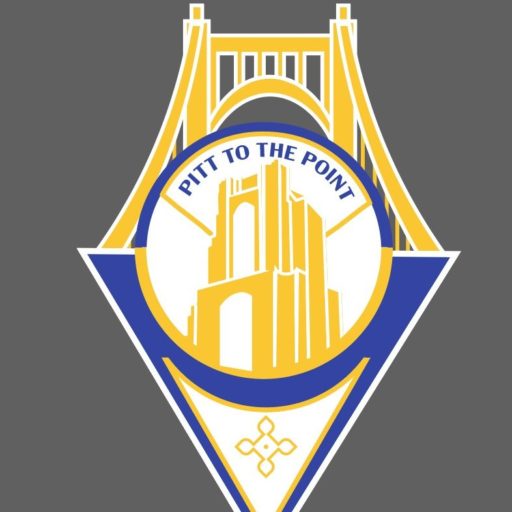PITTSBURGH (PTTP) – For many people with disabilities, navigating city life can be a struggle: most wheelchairs are not equipped to deal with uneven terrain, curbs or steps without ramps, or slippery surfaces. But at Pittsburgh’s Human Engineering Research Laboratories: Dr. Rory Cooper and his team are working to minimize that struggle.
Cooper uses a wheelchair himself, due to a spinal cord injury he received while serving in the Army in 1980. In 1994, he founded the Human Engineering Research Laboratories, or HERL: a collaboration between the University of Pittsburgh, UPMC, and the United States Department of Veterans Affairs.
“I wanted to create a center where people who are engineers and scientists and physicians and other healthcare providers could work together alongside people with disabilities,” Cooper said. “We identify the problems that people with disabilities have, then we work together with them to attempt to solve those problems.”
One of the leading innovations at HERL is the Mobility Enhancement Robotic Wheelchair, or MEBot: a robotic wheelchair that can independently navigate uneven terrain, climb curbs, and stabilize itself on slippery surfaces.
“The idea was to…reduce the risk of accidents and allow people to go where they want to go,” Cooper said. “Be it a walk in the park, crossing the sidewalk where there’s not a curb cut; it’s trying to make the world a little bit safer and expand the mobility for people with severe disabilities.”
Thanks to his work at HERL, Cooper was honored last year with the IEEE Biomedical Engineering Award, and in January of this year, he was inducted into the National Inventors Hall of Fame.
“It’s pretty exciting in every case,” Dr. Cooper said. “Excited to see this work recognized, but more excited to see the lives of people with disabilities recognized.”

